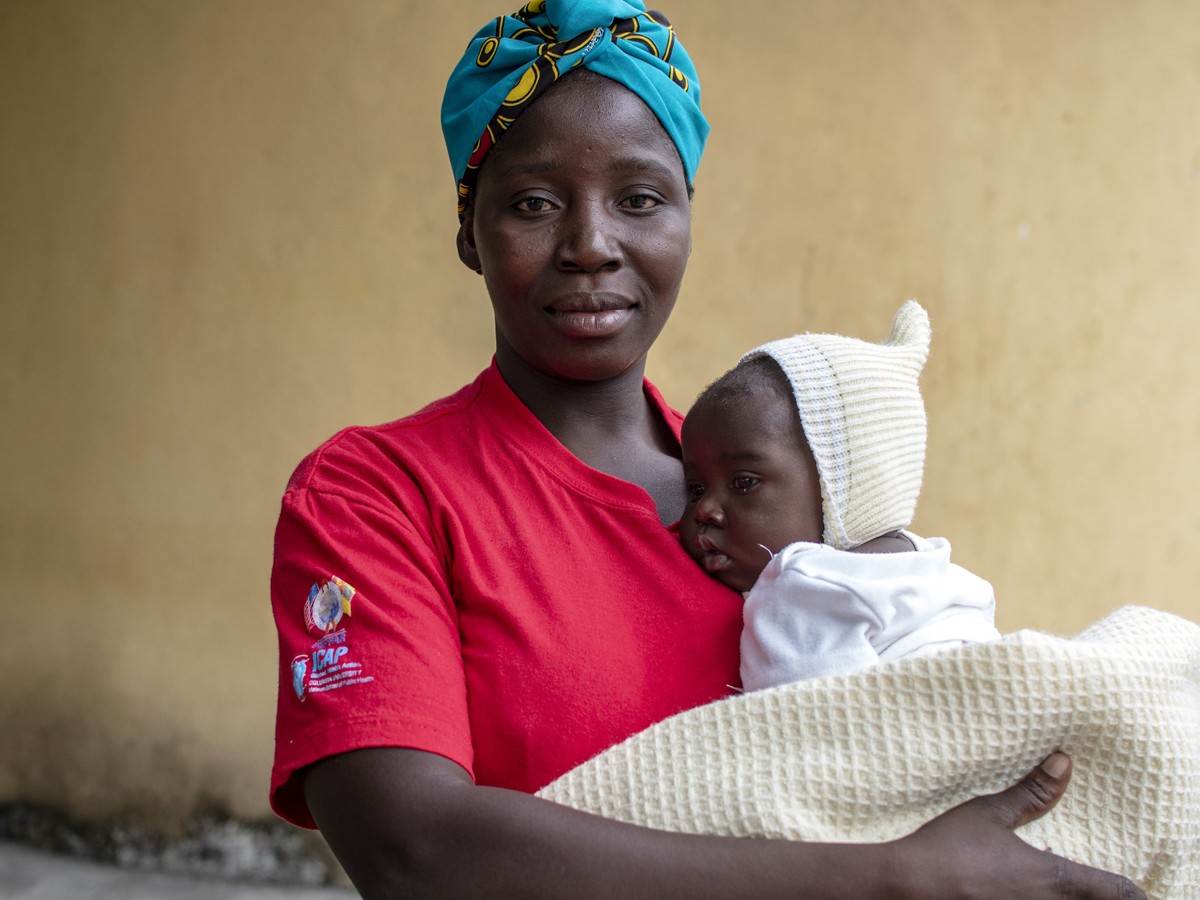Kuhn L, Strehlau R, Shiau S, Patel F, Yanhan S, Technau K-G, Burke M, Sherman G, Coovadia A, Aldrovandi GM, Hazra R, Tsai W-Y, Tiemessen CT, Abrams EJ for the LEOPARD Study Team
E-Clinical Medicine. 2020 Jan 18:100241. doi: 10.1016/j.eclinm.2019.100241. [Epub ahead of print]
Abstract
BACKGROUND:
Studies in adults and children suggested that starting antiretroviral therapy (ART) soon after infection positively influences early events in HIV infection raising the possibility that remission may be achieved in some.
METHODS:
We designed an analytic treatment interruption (ATI) trial to test the hypothesis that a sizable minority of HIV-infected neonates who initiated ART <14 days of birth and maintained on ART would be able to maintain viral suppression when ART was withdrawn. To yield the target cohort for this trial, 73 HIV-infected neonates identified at one hospital in Johannesburg, South Africa, were initiated on ART <14 days of birth and maintained on ART tracking viral load (VL) decline and immune recovery (clinicaltrials.gov # NCT02431975).
FINDINGS:
Three HIV-infected infants (4.1%) died and nine (12.3%) were lost to follow-up before 48 weeks of age. Of those surviving on study, 52.5% attained and sustained VL <50 copies/ml and half of these sustained CD4+ T-cell percentage >30% which were the primary entry criteria for the ATI trial. Proportions achieving ATI eligibility criteria were similar in the 46 infants starting ART <48 h (19.6%) to 27 infants starting 2–14 days (25.9%) (p = 0.567).
INTERPRETATION:
Very early ART on its own, using regimens available when the trial was designed, is insufficient to attain minimum entry criteria needed to justify our trial of ART interruption. Decisions about how quickly to start ART should be based on optimizing standard clinical outcomes rather than with the expectation that remission can be attained.
FUNDING:
NICHD/NIAID (U01HD080441), South African Research Chairs Initiative of DST and NRF (South Africa).








